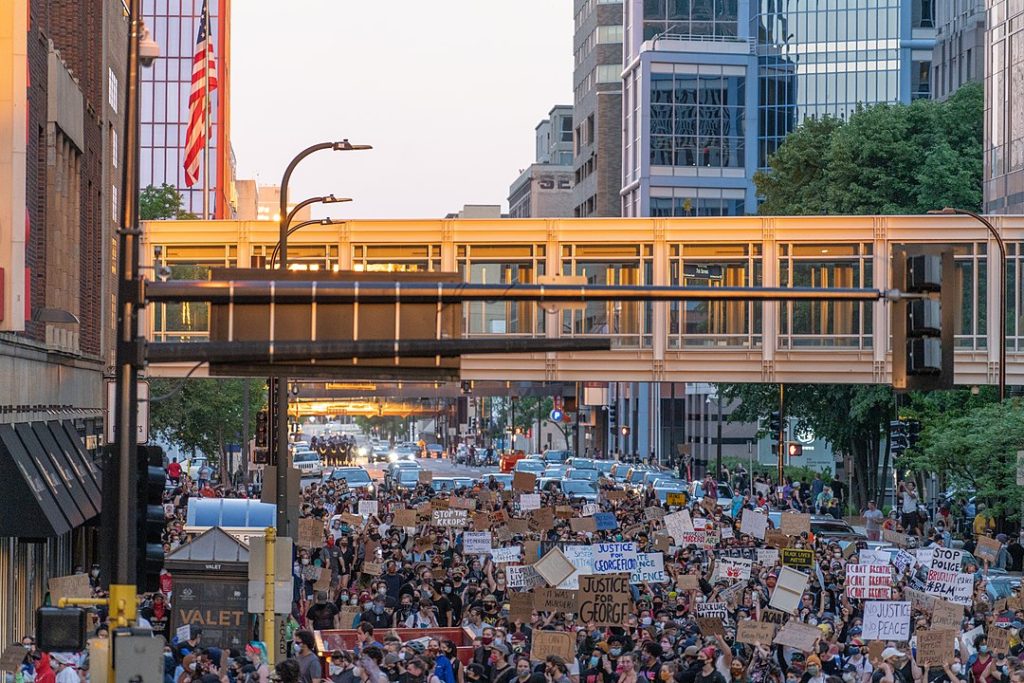Whites-Only City Employee Meeting in Seattle
What planet am I on? I need to re-ask that each day. Today, I'm on a planet where only the "white" employees of Seattle were invited to a meeting set up by the City of Seattle, apparently for the purpose of disrupting their employees' sanity. Here's an excerpt from a City Journal article titled: "Cult Programming in Seattle."
Last month, the City of Seattle’s Office of Civil Rights sent an email inviting “white City employees” to attend a training session on “Interrupting Internalized Racial Superiority and Whiteness,” a program designed to help white workers examine their “complicity in the system of white supremacy” and “interrupt racism in ways that are accountable to Black, Indigenous and People of Color.” . . .At the beginning of the session, the trainers explain that white people have internalized a sense of racial superiority, which has made them unable to access their “humanity” and caused “harm and violence” to people of color. The trainers claim that “individualism,” “perfectionism,” “intellectualization,” and “objectivity” are all vestiges of this internalized racial oppression and must be abandoned in favor of social-justice principles. In conceptual terms, the city frames the discussion around the idea that black Americans are reducible to the essential quality of “blackness” and white Americans are reducible to the essential quality of “whiteness”—that is, the new metaphysics of good and evil.Once the diversity trainers have established this basic conceptual framework, they encourage white employees to “practice self-talk that affirms [their] complicity in racism” and work on “undoing [their] own whiteness.”
Seattle seems to be a City on the cutting edge of . . . something I'm still struggling to understand, but it seems to fit within the framework of a cult. There is a lot of troublesome information to digest in this article, including the reference to the new race-sensitive math curriculum being considered by the Seattle school district.
I'm wondering how much the Diversity Trainer was paid for the Seattle meeting and whether that Trainer's name was Syvester McMonkey McBean (from Dr. Suess' The Sneetches). Maybe that sarcasm is apt, given that Suess' book was written for little children. After all, even young children can easily understand that it is morally wrong to treat groups of people differently based on how they look.

